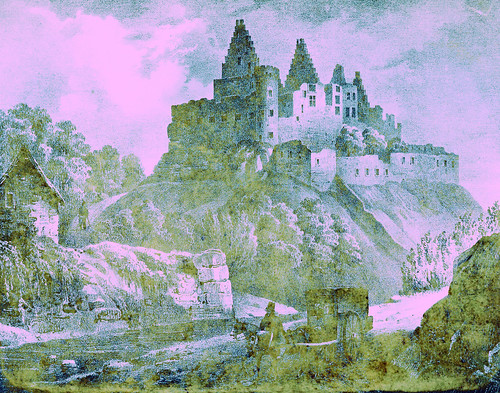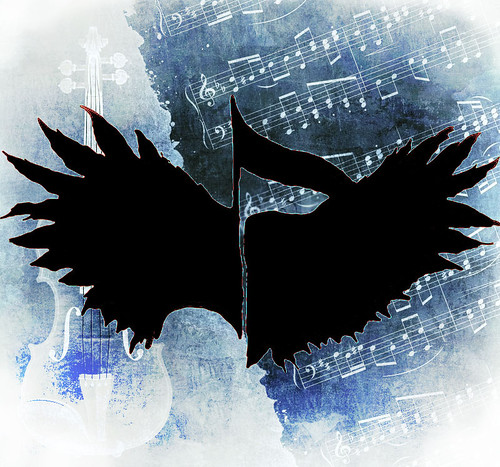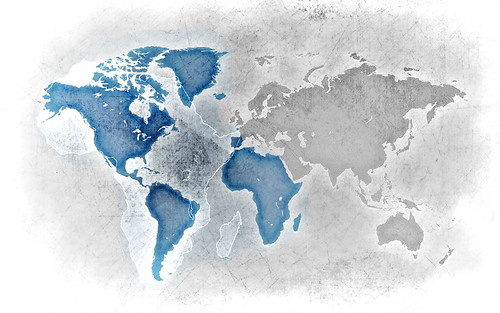Underrepresented majors offer new perspectives
On a campus dominated by business, managing and marketing majors, it can be easy for smaller academic programs to go unnoticed.
Unique courses of study, like Medieval and Early Modern Studies, Musical Cultures of the Gulf South, and African and African Diaspora Studies can offer students opportunities to diversify their education. By combining disciplines across many fields of study, students in these programs have the opportunity to develop specific understandings of global culture they may not have been able to otherwise.
“It’s important to throw yourself into different disciplines that you might not expect to be passionate about, or that you might not have planned on studying,” senior and MEMS minor Hadley Williams said.
Williams only found about the program when her English major advisor informed her that she had already completed several courses that corresponded with the minor.
The MEMS program includes a major and a minor, and encourages students to develop appreciations for the history and culture of the medieval and modern world. MEMS-specific content consists of a combination of courses from both the medieval period and the early modern period, which spans from years 300 to 1799.
Illustration by Anna Johnson
Students interested in the MEMS program often pair it with a multitude of other areas of study, including law, politics, medicine, history and English. Regardless of other interests or future plans, MEMS can offer what Dale Shuger, director of the medieval and early modern studies program, believes are valuable perspectives about the world.
“[MEMS] offers an opportunity to delve into different ways of thinking, seeing and knowing,” Shuger said. “But at the same time, since the past is how we got to the present, this knowledge is essential for understanding why society is the way it is today.”
Another lesser-known course of study is the Musical Cultures of the Gulf South coordinate major, which focuses on teaching students a narrative about New Orleans and the Gulf South through musical, geographical, historical and anthropological lenses.
With elective course offerings such as “New Orleans Hip-Hop to the History of Voodoo,” MCGS strives to instill an understanding of the regional culture that surrounds Tulane students during their education.
“Say you’re a dancer and you’re studying jazz dance and African dance,” said Rebecca Snedeker, James H. Clark executive director of New Orleans Center for the Gulf South. “To have this field of studies where you’re really coming to understand the place where these movements and gestures existed and thrived would inform your dance practice and give it all the more meaning.”
MCGS and the New Orleans Center for the Gulf South, the program that houses the coordinate major, pride themselves on bringing attention to a region of the world that is often ignored in larger United States histories. And in doing so, they hope to provide students with skills that can be applicable beyond Tulane and New Orleans.
Illustration by Anna Johnson
“The approaches that come out of place-based exploration, of course, enrich our understanding about New Orleans and the Gulf South, but also offer a way of understanding and thinking that we can bring with us wherever we go in our lives,” Snedeker said.
June Murphy, a senior majoring in both history and MSGC, has broadened her educational experience by exploring this lesser-known program.
“The interdisciplinary approach has really rounded out my experience in my primary major of history,” Murphy said. “I love the dialogue that can happen between seemingly very different disciplines.”
African and African Diaspora Studies is another a smaller academic program that offers a unique global perspective. Offered as both a major and a minor, African and African Diaspora Studies hopes to contextualize global issues by focusing on the history and culture of Africans, people of African descent and the context of the African Diaspora.
Illustration by Anna Johnson
“There is a lot of talk about our global world and Africa is a gigantic part of that world,” Director of African and African Diaspora Studies Laura Rosanne Adderley said. “To be a global citizen, understanding Africa is a requirement.”
Students who are pursuing degrees in any number of other disciplines, including business, political science, public health and history could benefit from the understanding of Africa that ADST seeks to provide.
“Misunderstanding of Africa and of blackness are such prominent issues in the world today,” Adderley said. “Our [students with] majors and minors will leave here no matter what they do as careers, as citizens well-prepared to face those challenges.”
Your donation will support the student journalists of Tulane University. Your contribution will allow us to purchase equipment and cover our annual website hosting costs.





